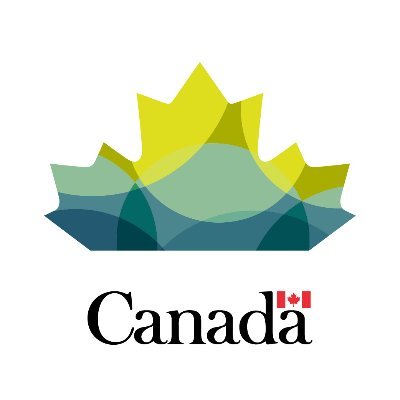Special Collections and Archives at Tomlinson Library
SCA holds the historical records of the university since its founding in 1925, including photographs, reports, memorabilia, course catalogs, yearbooks, the Criterion, and other university and student publications. The collections also include books and materials related to local history.
















